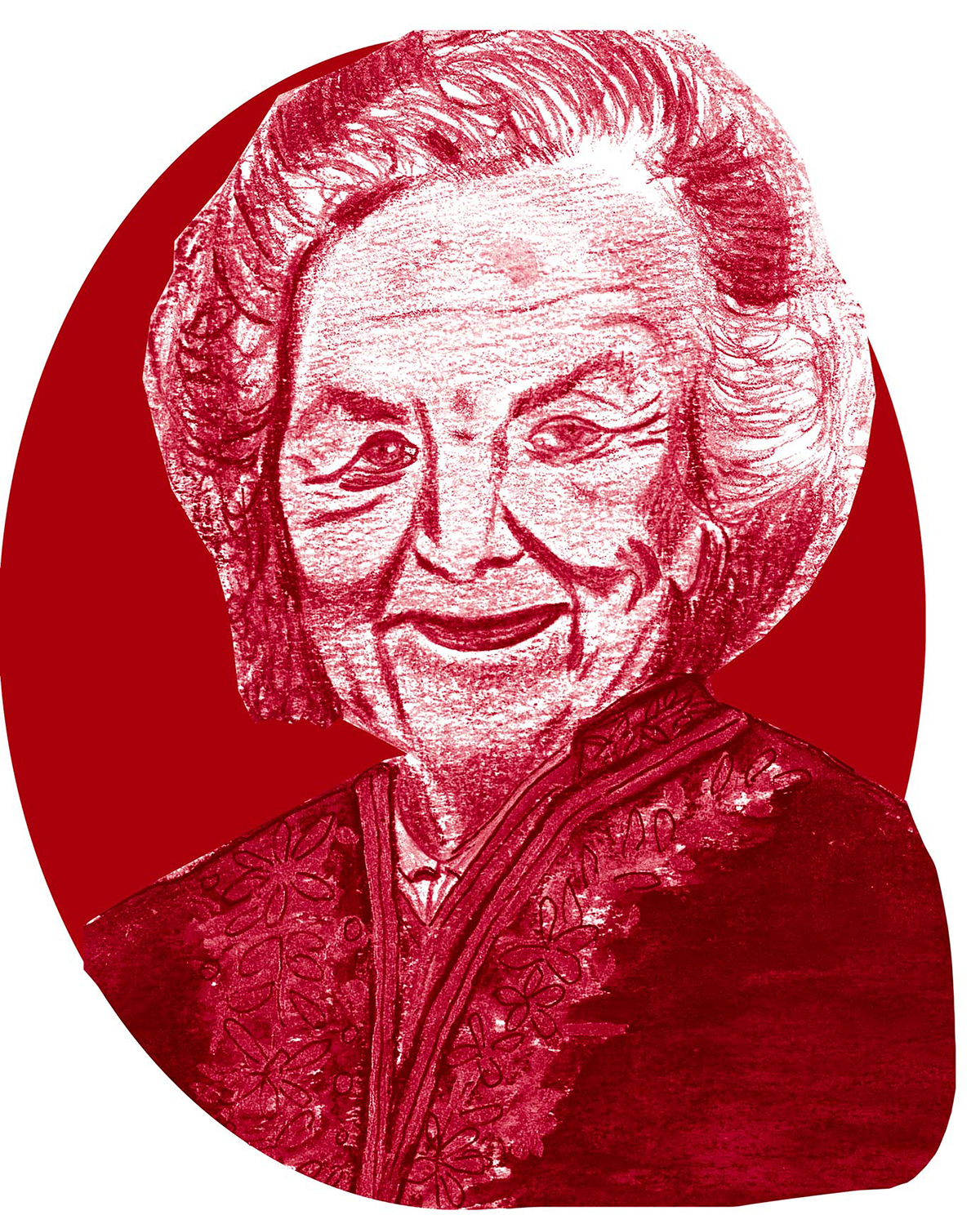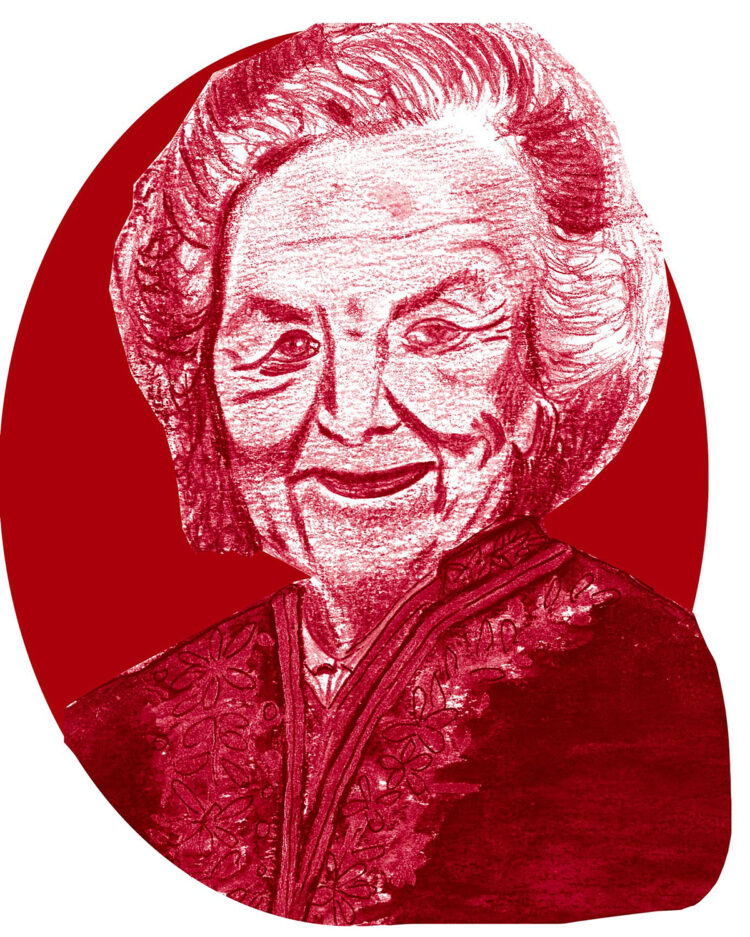(Ephesians 5:8)
Parents, leaders, and educators, we have a mission, a duty to lead children's souls toward the Light which will be their guide and their happiness. In order to illuminate the way that lies before each one of us, once a week we invite you to discover some of the words of certain wisemen and witnesses, measuring their worth by the words of St. Thomas Aquinas: “Do not consider the one who speaks, but whatever good you hear from him, confide it to your memory.” (from The Sixteen Ways to Acquire the Treasure of Knowledge by St. Thomas). Happy reading!

“The study of Latin and Greek is first of all an attention to words, to forms, to etymologies, and to structure: a lovely game where the words are in a different order and a game whose study forms the mastery of reasoning, teaches logical argumentation, and organizes speech and thought. The study of Latin and Greek is the study of texts that are alive, made up of living figures and characters, of legends and ideas. Proud of myself, I remember showing my mother my translation of a Latin sentence – “Vulcan had a crippled foot-soldier.” I imagined that Vulcan was a general, so it didn’t bother me that he might have a foot-soldier that was crippled. The problem was that the word was pedem (foot), not peditem (foot-soldier). And so it is that I had my first illumination concerning this delectable intellectual game, and that’s when I understood how much culture and intelligence played a part in the understanding of words, and how a dead language could lead to a literature that is alive.”
Jacqueline de Romilly (1913-2010)
Essayist and hellenist
“Jacqueline de Romilly has a delicious way of sitting before you, her forearms on her knees to better scrutinize her interlocutor, always ready to go off in child-like fits of laughter. The great lady of the Collège de France continues to make her appearance under the dome of the Institute every Thursday, for the famous session of the Dictionary of the Académie Française. She worries, even so, just a little, about the “programmed death” of the passion of her life, the study of the Classics. With a mischievous air, she pretends to wonder what time it is, and then, without waiting for the answer, concludes that it is well past whiskey time. The explanation is simple: “I drank my first glass of whiskey on the day of the Armistice. I took a liking to it…” (…) Each word she speaks comes out from the clear blue pool of her eyes which have kept their incredible curiosity and their desire to learn. Jacqueline de Romilly – a century of life shared with Greek and Latin. In 1914 her father, Maxime David, a graduate of the renowned École normale supériure and professor of philosophy, died on the battlefield – she was just one year old at the time. Her mother, daughter of a Greek professor, became a writer in order to survive, and raised her daughter with a passion and cult for studies. Jacqueline would be the first female laureate in the open competition of 1930 – taking two prizes at once, Greek and Latin. She was also one of the first to be integrated at the École Normale Supérieure de la rue d’Ulm, just before its Classics open competition in 1936. The first woman elected to the Académie des inscriptions et belles-lettres, in 1988 she just missed out on being the first woman elected to wear the green habit of the Académie Française – she was beat out by Marguerite Yourcenar eight years earlier. Above all, she reads Thucidides. Reading Thucydides, non-stop, without a break, is an obsession. To celebrate her triumph in the open competition her mother offered her a finely leather-bound volume of Thucydides. “This gift seemed to me absolutely sublime,” she recounts. “I said to myself: I’m going to consecrate one whole year of my life to this author.” And well, it lasted a bit longer than that…”
Augustin d’Humières (21st century)
Classics professor
In the same category « Teaching », also read :

